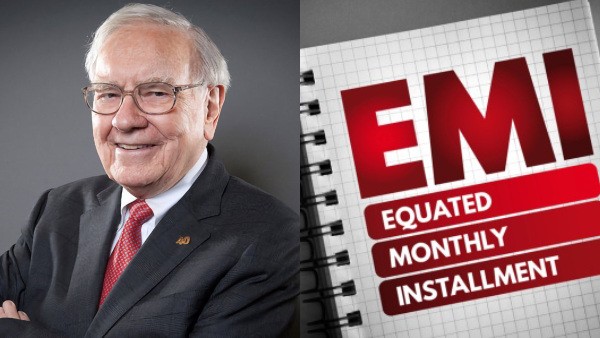
As Diwali lights up storefronts and new iPhones dazzle in display windows, India’s consumer culture is once again leaning heavily on EMIs and credit cards. From “no-cost” installment plans to trade-in bonuses, retailers are offering 24-month EMI schemes even on flagship gadgets like the iPhone 17.
But amid the festive frenzy, legendary investor Warren Buffett has issued a sobering reminder: “Don’t confuse what you want now with what helps you tomorrow.” His advice, resurfacing in Indian media this week, warns against the psychological trap of easy credit and the long-term burden of high-interest debt.
The Numbers Behind the Concern
- 70% of iPhone buyers in India now opt for EMI payments
- 93% of salaried Indians earning under ₹50,000/month rely on credit cards for daily expenses
- Credit card interest rates often exceed 36–40% annually, doubling unpaid balances in two years
Buffett’s critique is not just financial—it’s philosophical. He emphasizes that debt is not just a monetary liability but a mental weight, especially when multiple EMIs and credit card dues consume a third of one’s salary before payday.
The Psychology of EMIs
Instead of paying ₹80,000 upfront, consumers are offered ₹6,000/month plans. This split makes purchases feel painless, especially during festivals when social pressure to upgrade is high. But when emergencies strike or income drops, the entire financial structure can collapse.
Buffett’s advice:
- Save first, spend later—don’t wait to see what’s left at month’s end
- Use credit for convenience, not dependence
- Let compound interest work for you through investments, not against you through debt
